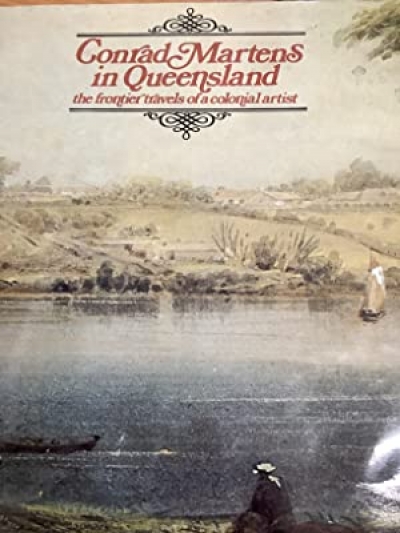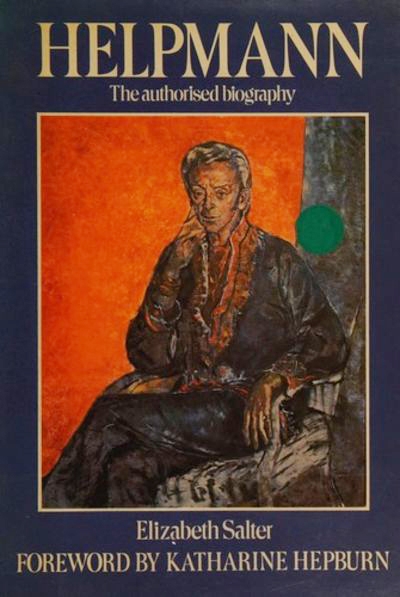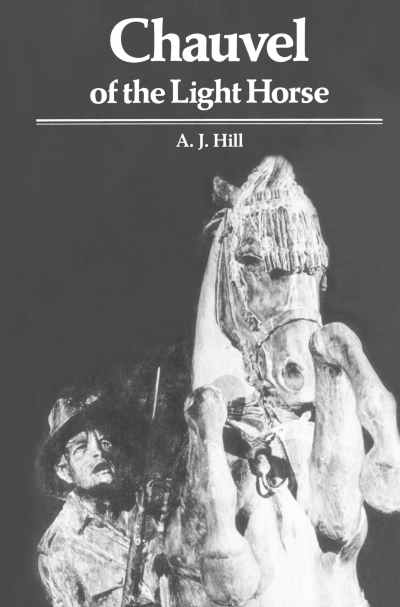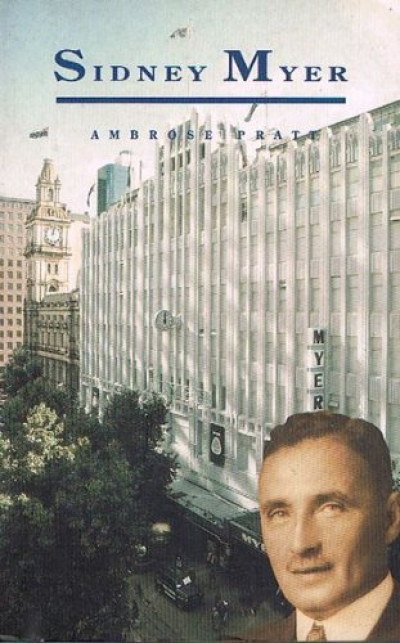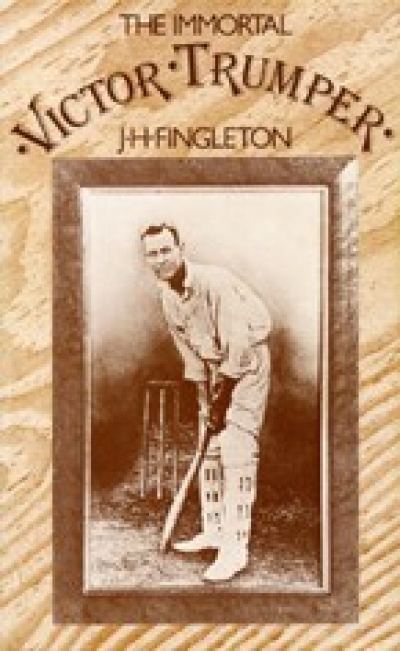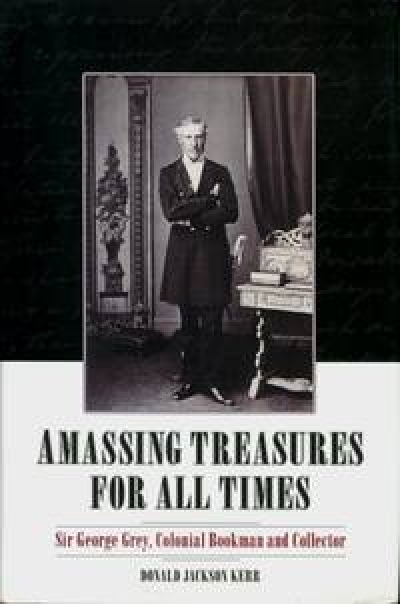This is a book that is unashamedly intended for the Aunty market, not the arty market. It will flourish in circulating libraries and must have solved many a Christmas dilemma (the publishers, I’m sure, budgeted on that). It is happily and old-fashionedly enthusiastic in tone, and tells the story – as authorised – with admiration and lots of incident. As a Helpmann compendium, it is sufficiently detailed to warrant a sub-title such as ‘Everything You Wanted To Know About Robert Helpmann That He Wanted You To Ask’. And Elizabeth Salter did. The things Elizabeth Salter might have been afraid to ask, we can safely surmise the Aunties, also, would not really be interested in anyway. We meet, here Helpmann the Institution, the Public Performer (performer in public and private) whose surprisingly long career is, let’s face it, quite engrossing enough. Perhaps, even, the man IS the performance.
...
(read more)

